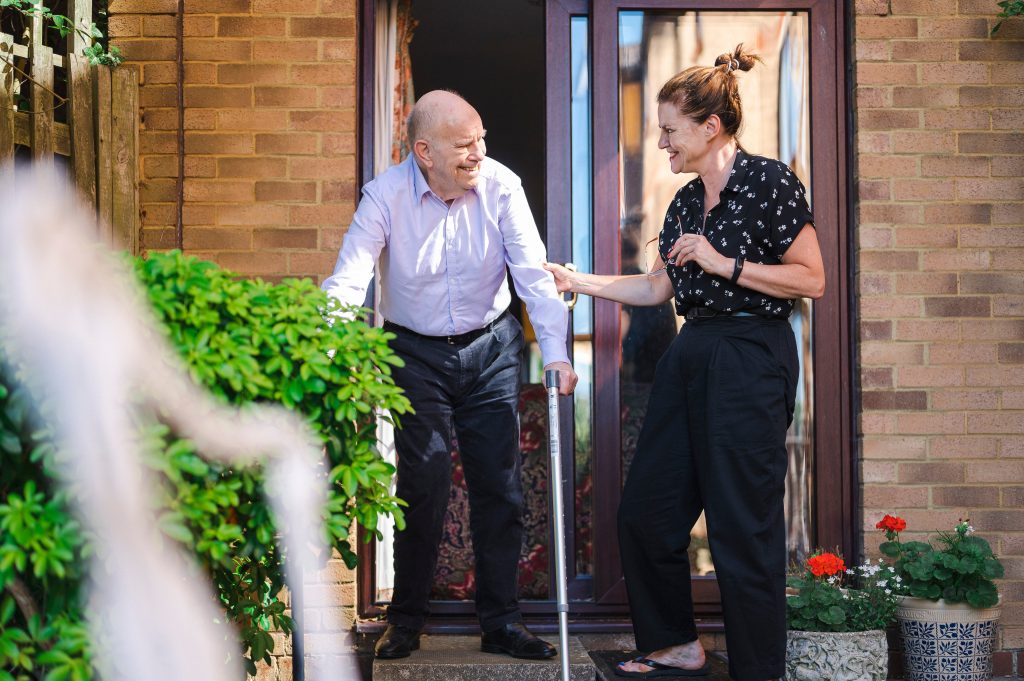Related report
Dementia Health Tech Horizon Scan — Diagnosis
Dementia Health Tech Horizon Scan — New treatment

Dementia remains a prevalent health challenge across the UK with almost 1 million people currently living with the condition - this figure is projected to reach 1.4 million by 2040. Increasing strains on health and social care services means that many people living with dementia may not be receiving the level of care they require.
The Health Innovation Network south London conducted a Dementia Health Tech Horizon Scan - Better care report in January 2025 as part of a wider collaboration with the National Institute for Health and Care Research (NIHR) and the NIHR HealthTech Research Centres (HRCs).
Dementia Health Tech Horizon Scan — Diagnosis
Dementia Health Tech Horizon Scan — New treatment
The report provides a brief overview of 113 products and innovations currently available with the potential to improve the care of dementia patients. Technologies aimed at patient care in different contexts and settings were considered. Search criteria for these companies consisted of:
Technology to support workforce (i.e. carers) and family members, and better communications with people with dementia.
Home Care Services — innovative home care services and assistive technologies to support patients at home. This might include smart home devices for safety and security, medication management systems, and home-based rehabilitation programs (not including respite care services and training companies).
Caregiver Support Services — support services and resources for caregivers of people living with dementia. This might include caregiver training programs, respite care services, and online support groups for caregivers to connect and share experiences.
Technologies to support at-home care for people living with dementia.
Night-time care for dementia patients.
From the 113 companies identified:
38% of the companies identified indicated the use of AI in their products.
Patient monitoring represented the most common category among those studied, with 36.8% of products belonging to this area.
Among patient monitoring companies, 56.3% indicated the use of smart sensors, and 15.8% was specially focused on fall prevention.
Four different clusters of terms with high co-occurrence were identified. The cluster focused on disease-specific terms was the largest, followed by the barriers faced by researchers and patients in the field (i.e. isolation and involvement). Some of the most common barriers highlighted in the clusters include:
Experience.
Involvement and engagement.
Perceptions and attitudes.
These results highlight the need for behavioural change to improve the uptake of these technologies.
For more information about the Dementia Health Tech Horizon Scan, please get in touch.
Contact